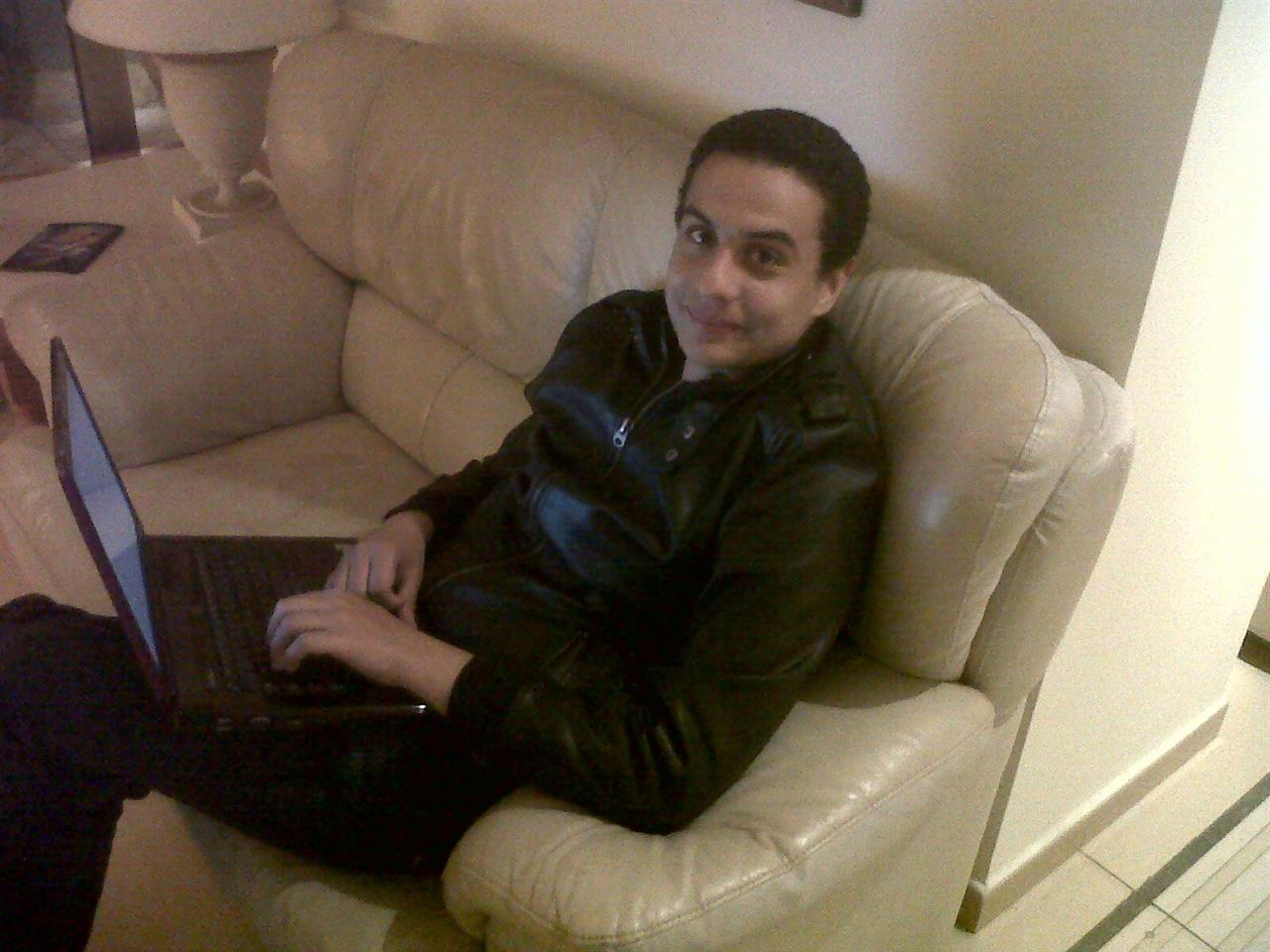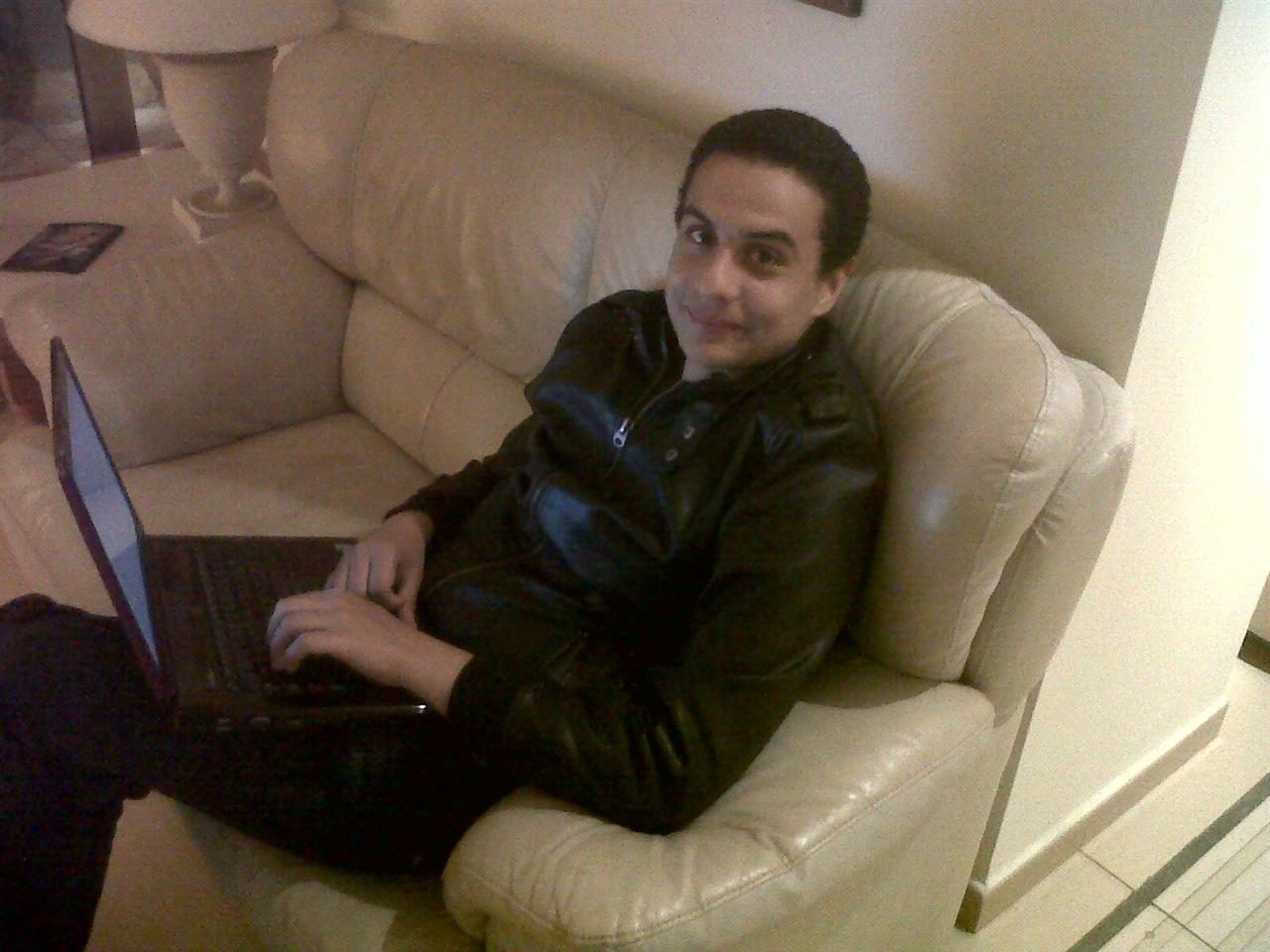
Seif is a 22-year-old Tunisian finishing his university degree in engineering and developing a third enterprise at the same time. He loves Arab poetry, believes in God but can stand Islamists.
His family are not of the Tunisian elite. He’s simply smart and hard-working . When I took this picture it was almost midnight and he was still working.
How many 22-year-olds like him do you know in Europe? I don’t know many, and I wonder why.
I met Seif in Malta this week where I was invited to mentor 30 young entrepreneurs who took part in a course on social entrepreneurship organised by the British Council: Our Shared Future. Participants came from across Europe, Arab countries and the former Soviet Union. All were fairly brilliant, dynamic, motivated young people with great business ideas… social ones, obviously!
Seif wants to set up a company to extract a rare substance from phosphate. It’s demanded in various industries but is so rare that I don’t remember the name. Tunisia has a wealth of phosphate, especially in the rural regions far from the coast where unemployment is rocketing together with poverty and illiteracy.
What’s social about this enterprise? Perhaps it doesn’t match the European Commission’s criteria, and probably Italian and French social economy purists would snub it, but this is an enterprise that would generate income and employment in the most troubled regions, contributing to the peace and prosperity of the country.
What then is the problem? Seif can’t find the funding to start. He could start with €1m but needs €10m for a fully-fledged business. Yes, they are not peanuts but it doesn’t matter. In Tunisia neither the state nor rich guys give funding away, especially not to young entrepreneurs.
If you were wondering why the Arab Spring started in Tunisia, now you have an answer. When brilliant guys like Seif have no opportunities, why would they respect government and the elderly? Getting rid of them and unlocking resources would be a better solution.
I’m not concerned about Seif: he’s a smart kid and will find international investors and his business will generate a financial return for them.
I’m concerned about Europe and what I realised this week comparing young Arab entrepreneurs to their peers in Europe. Young Europeans have fun, protesting in the street, living on their family’s income; but few are making something with their life, like Seif.
Is youth the problem? This is what politicians often insinuate in the media. No, young people are not the problem, but the lack of opportunities. There are no opportunities for young entrepreneurs, even if there were many young entrepreneurs out there. There are few Europeans like Seif because there is no more room for more. Bureaucracy and state company take all. Perhaps public funding and philanthropy are available, but not substantial investments.
So don’t be surprised if the young Europeans aren’t participating in creating the prosperity that they will never enjoy. Don’t feel scandalised if they want to migrate, vote for anti-establishment movements, or don’t vote at all. Be aware that they might get violent if they don’t see change.
Stéphane Hessel is dead. But the spiritual father of Indignados in Spain, Portugal and Greece has been vindicated in the Italian election. Italians said Basta! (Stop) and many other people might follow this example before next year’s election of the European Parliament.
Two years ago we witnessed with bewilderment one Arab regime after another falling under the blows of Facebook and Twitter. Nobody expected the young Arabs fighting for democracy and justice via social media. Perhaps this week the Arab Spring has reached the southern shores of Europe and might spread like the flu virus.
This is not a movement against Europe, democracy or free market. It’s not even a movement. This is society reacting because people are fed up with their public institutions, sabotaged by financial markets and corrupted by politiciens, bureaucrats and parasites.
These people are European democrats and liberals – more or less. But they don’t want to pay for inept leaders and their greedy proxies any longer. They don’t trust political parties, nor even the civil society organisations that have fed on their collusion with politicians and their dependency on their hand-outs. All the main civil society umbrellas supported Monti, but 90% of Italians did not show any trust in their leadership.
I wonder if the guys in Rome, Brussels and all the others entrenched in governmental palaces together with their associates have realised that it’s time to change. This has to be the new motto for all of them: find a solution for young people who want to make a difference like Seif – or quit.
Si può usare la Carta docente per abbonarsi a VITA?
Certo che sì! Basta emettere un buono sulla piattaforma del ministero del valore dell’abbonamento che si intende acquistare (1 anno carta + digital a 80€ o 1 anno digital a 60€) e inviarci il codice del buono a abbonamenti@vita.it

